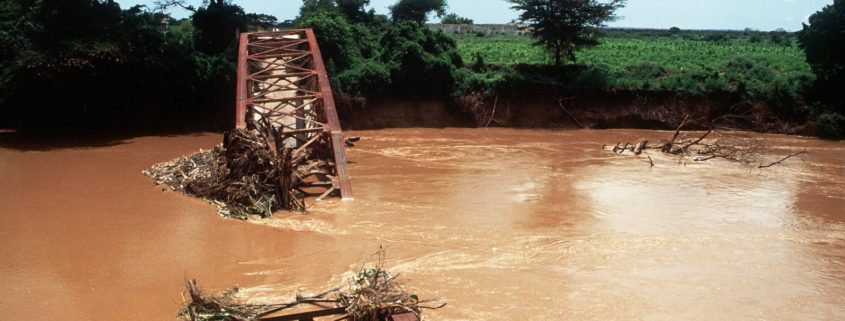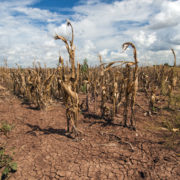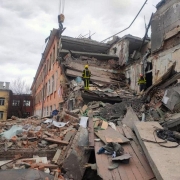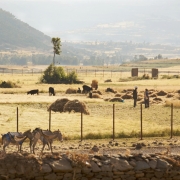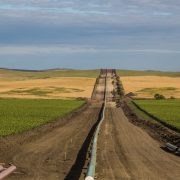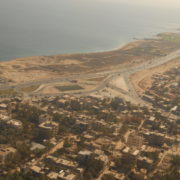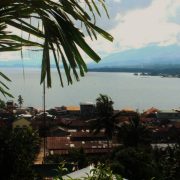Drought, political instability, and an influx of refugees continue to cripple Ethiopia: HotSpots H2O: October 24, 2017
Hotspots H2O: Global Rundown
Drought, political instability, and an influx of refugees continue to cripple Ethiopia despite booming economic growth. Tensions flare as pastoralists and crop farmers vie for water and pasture in Tana Delta, Kenya. Aid agencies prioritize providing clean water and preventing cholera among Rohingya refugees in Bangladesh. Improving basic services such as water and electricity are keys to stabilizing war-torn Libya. The Somali crisis reaches a grim milestone as drought and conflict force one million people from their homes.
“I abandoned work on our one-hectare farm due to lack of water. Rivers dried; there was not a drop of water anywhere. We dug the soil to look for underground water but found nothing. All the water holes had vanished.” –Asha Ali Hussein, a Somali IDP, in reference to the drought that ravaged her former home of Kontuwarey village. Hussein joins a total of one million Somalis who have been forced from their homes due to conflict and drought his year. Norwegian Refugee Council
By The Numbers
8.5 million Number of Ethiopians in need of food aid, up from 5.6 million at the beginning of the year. Three consecutive failed rainy seasons are to blame for the dire food insecurity in spite of booming economic growth. The crisis is exacerbated by ethnic conflicts, political bloodshed, and a dramatic influx in conflict-affected refugees from neighboring countries. IRIN News
160,000 Number of people facing food and water insecurity in Kenya’s Tana Delta. Drought has adversely affected 85 percent of the area’s residents, many of whom journeyed to the Delta with their animals in search of water and pasture. The high livestock concentration in the area, coupled with ongoing drought, has sparked conflict between pastoralists and crop farmers. Daily Nation
Science, Studies, And Reports
A report by UNICEF details ongoing efforts to bring adequate water and sanitation to Rohingya refugees who have fled violence in Myanmar. Nearly 600,000 refugees have crossed the border into Bangladesh. UNICEF has provided more than 100,000 people with clean water and appropriate latrines, and administered more than 670,000 doses of oral cholera vaccine (OCV) in hopes of staving off the waterborne disease. Relief Web
On The Radar
Six years of civil war have left Libya increasingly fragmented, but improving basic services may help alleviate conflict and further peace processes. According to the UN Development Programme, a crucial first step to stabilizing Libya is repairing water, electricity, and other infrastructure. UNDP
Kayla Ritter is a recent graduate of Michigan State University, where she studied International Relations and Teaching English to Speakers of Other Languages. She is currently based in Manton, Michigan. Kayla enjoys running, writing, and traveling. Contact Kayla Ritter

